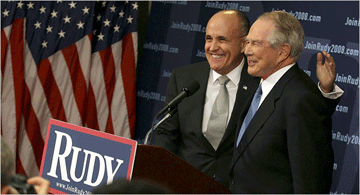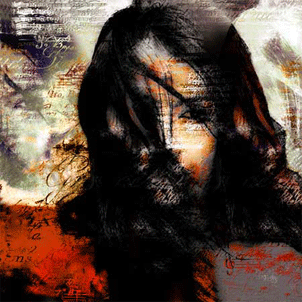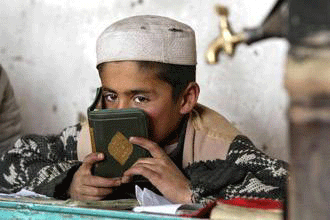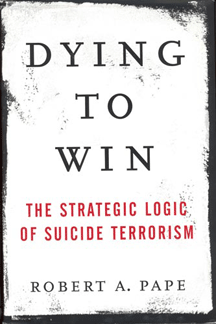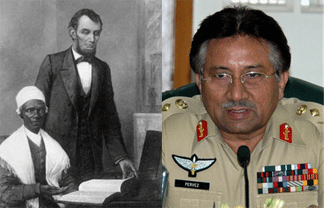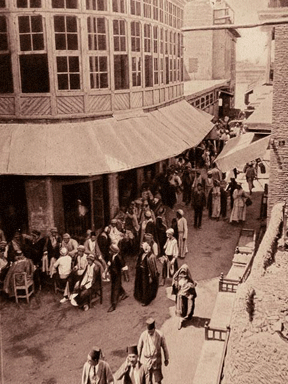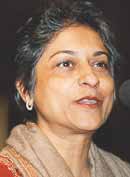
[Photo: Asma Jahangir. There is a large variety of commentary on General Musharraf’s recent dictatorial dismissal of Pakistan’s constitution and judiciary. Here is a comment from Asma Jahangir, one of the lawyers currently under house arrest. How easily the line between “terrorist” and “rights activist” is blurred.]
By Asma Jahangir
The Washington Post, Friday, November 9, 2007; A21
LAHORE, Pakistan — It was close to midnight last Saturday when Gen. Pervez Musharraf finally appeared on state-run television. That’s when police vans surrounded my house. I was warned not to leave, and hours later I learned I would be detained for 90 days.
At least I have the luxury of staying at home, though I cannot see anyone. But I can only watch, helpless, as this horror unfolds.
The Musharraf government has declared martial law to settle scores with lawyers and judges. Hundreds of innocent Pakistanis have been rounded up. Human rights activists, including women and senior citizens, have been beaten by police. Judges have been arrested and lawyers battered in their offices and the streets. Continue reading The Real Musharraf
